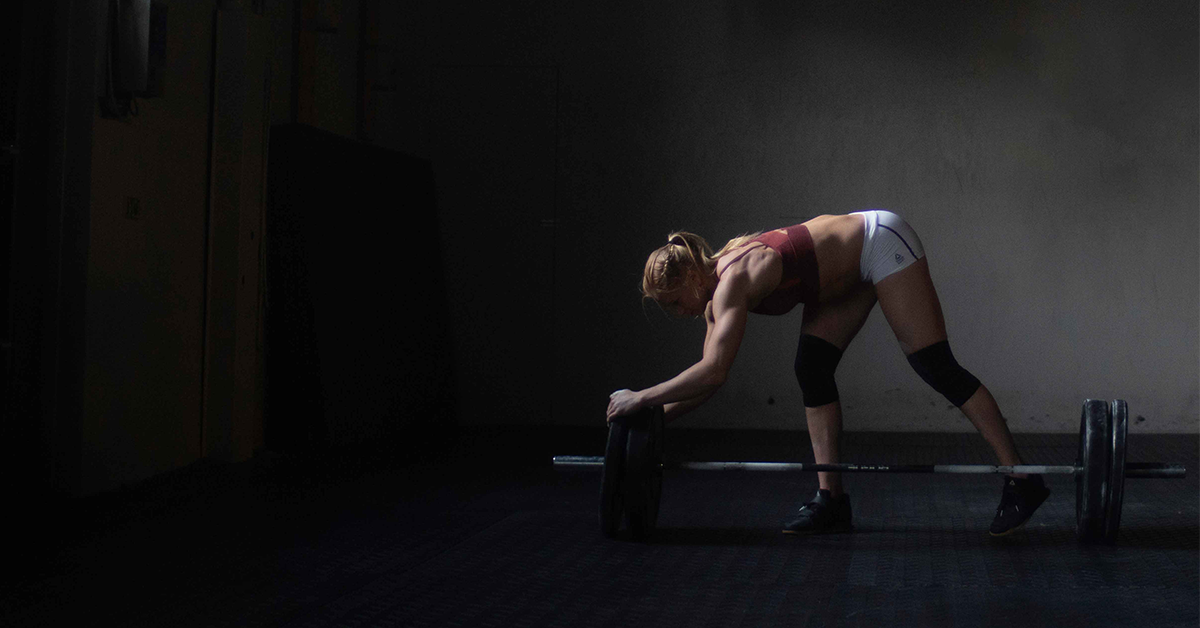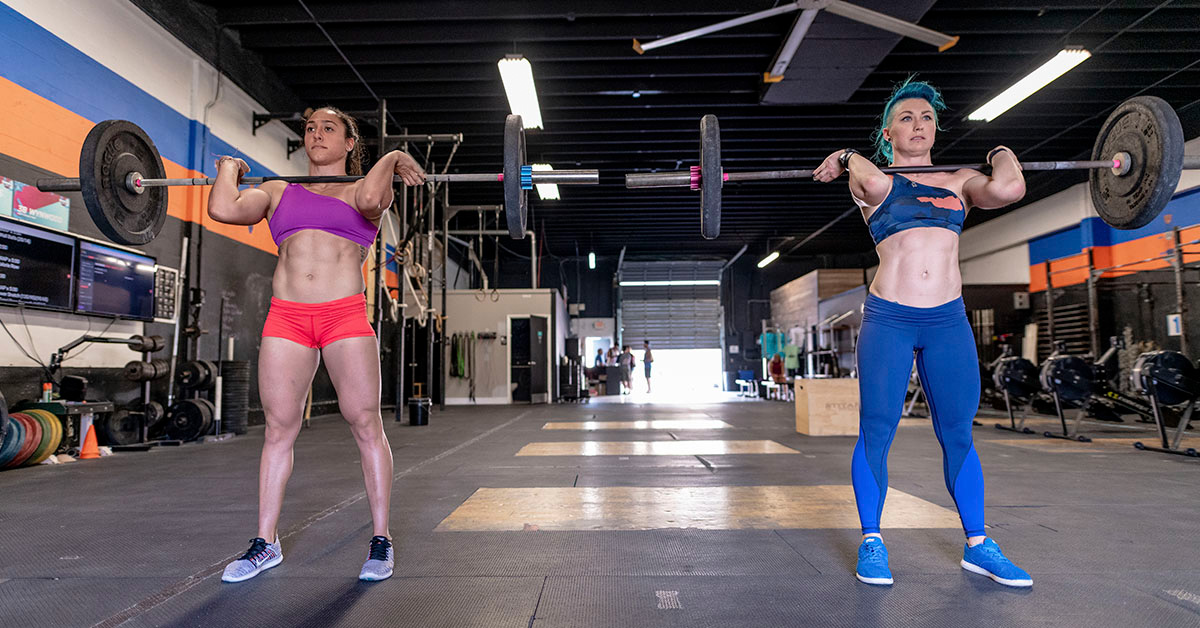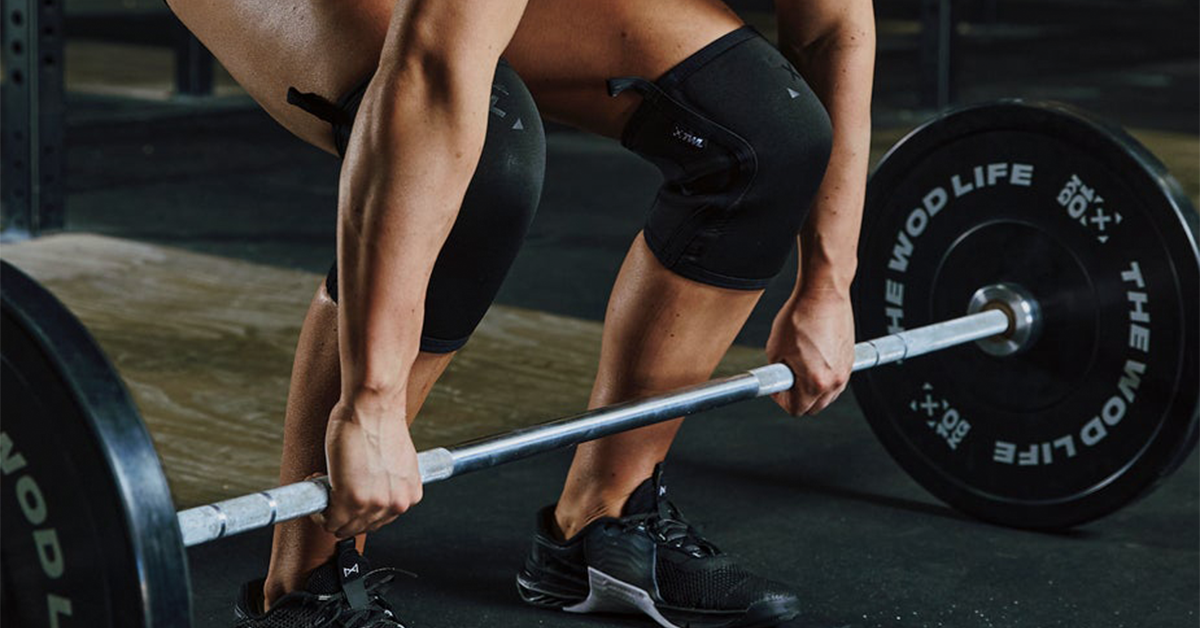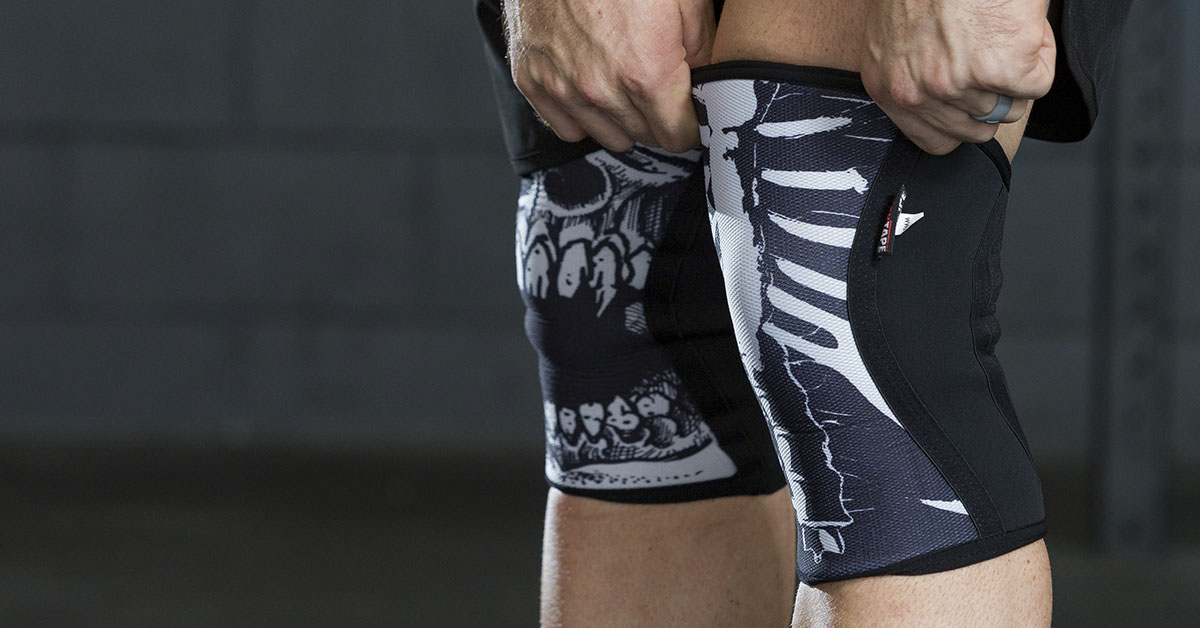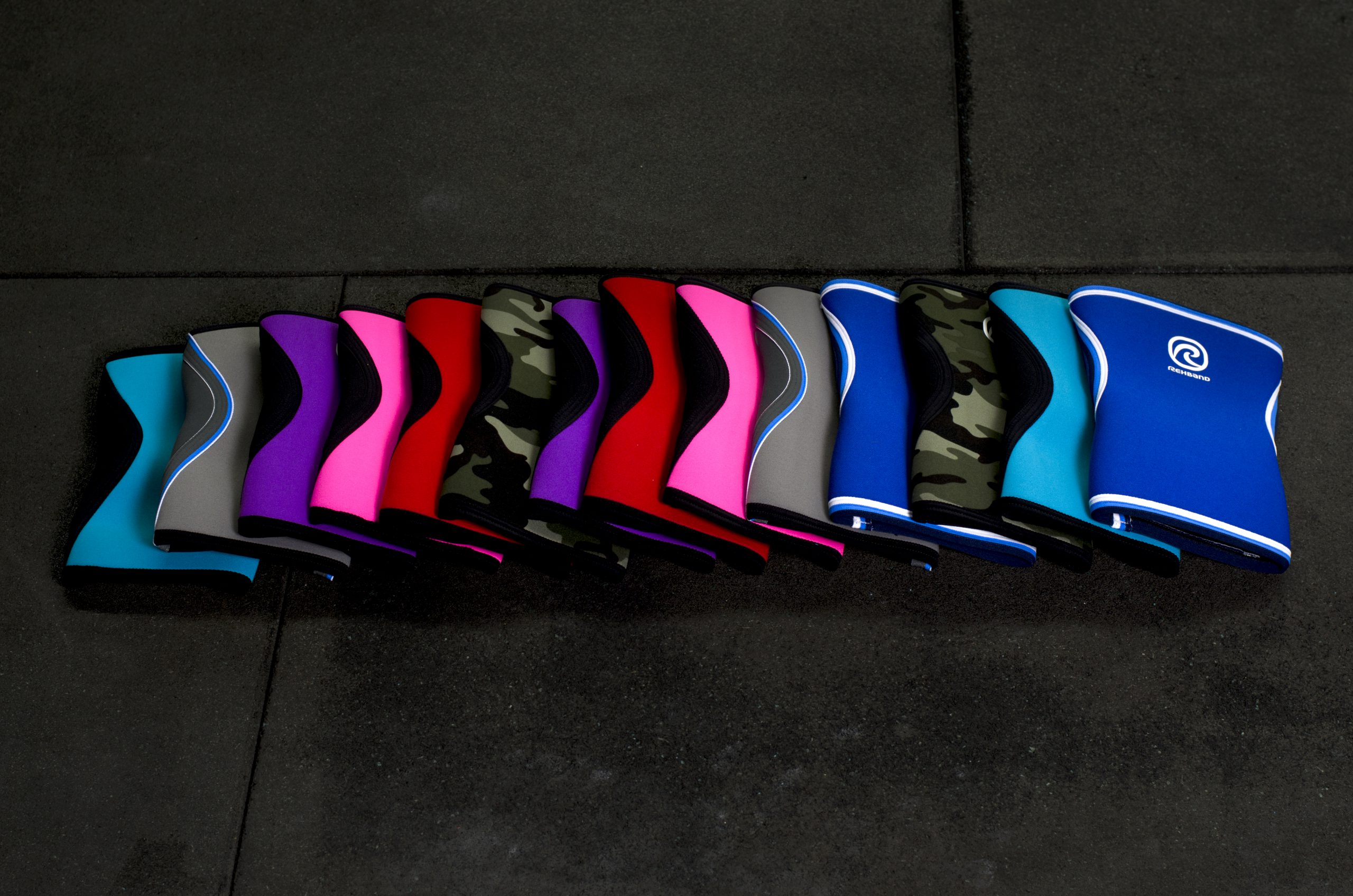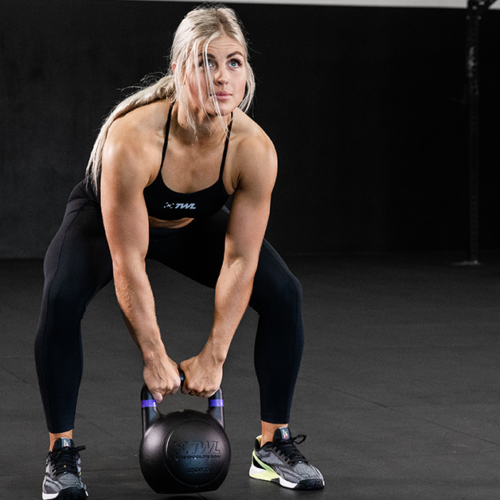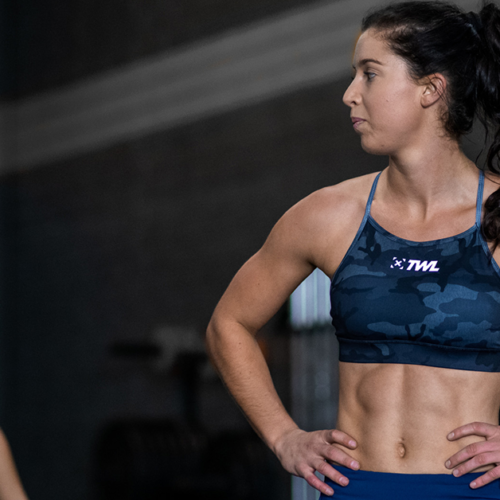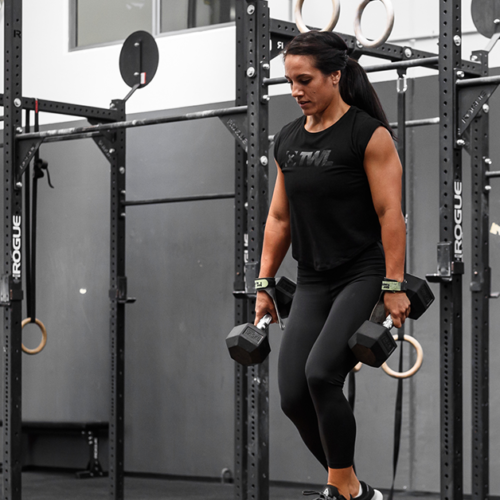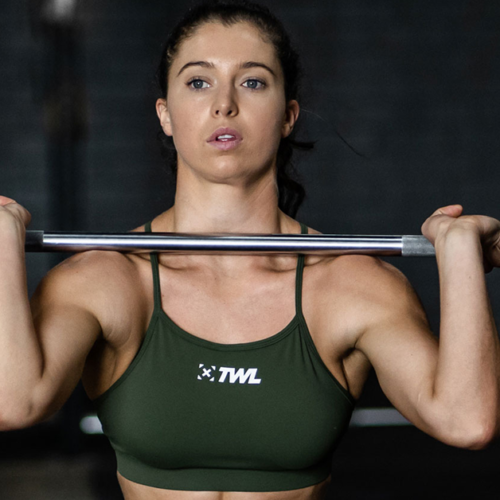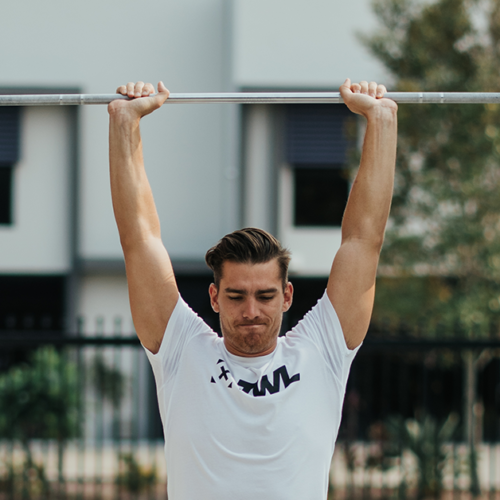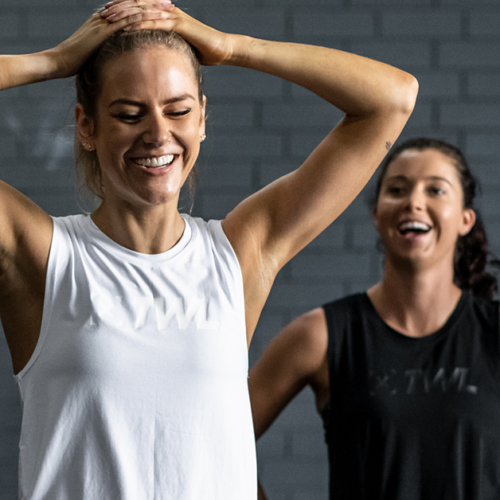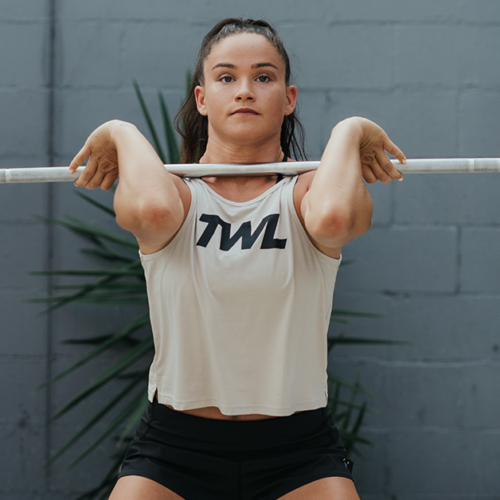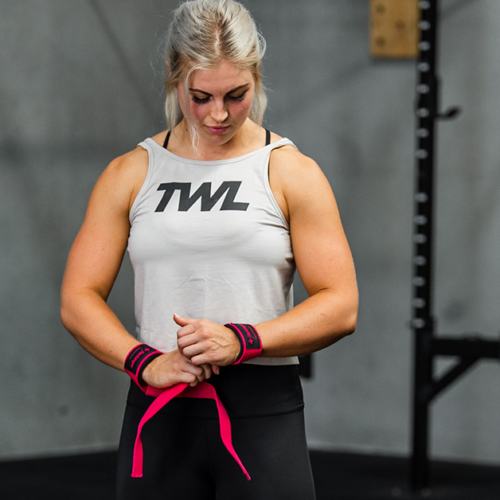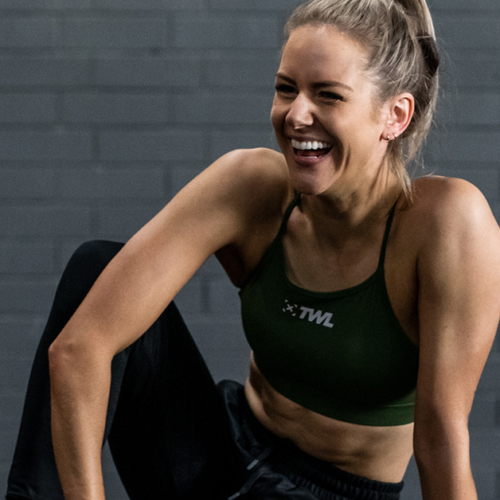You’ve probably seen people around your gym wearing knee sleeves for squats, lunges, or the Olympic lifts. Maybe you’re considering getting a pair yourself. But then you stop and go, “Wait… do I even need them?”
Good question!
Knee sleeves are a helpful tool in your fitness journey, but you also want to be careful not to use them as a crutch. So, let’s talk about when you should use them — and when they should stay tucked away in your gym bag.
(For a more in-depth look at knee sleeves, check out this blog.)
Shop Now
When Should You Wear Knee Sleeves?
There are a few key reasons why athletes might wear knee sleeves. Let’s go over them. (BTW, you can shop our selection of knee sleeves here.)
Comfort
Plain and simple, some athletes simply feel better with that tightness around their knees. It gives them more confidence when they’re tackling heavy lifts.
Stability
Your knees, similar to your shoulders, undergo a tremendous amount of wear and tear. You’re almost always using them in some capacity. Having that compression around the joints and muscles can give you a stronger foundation to lift on.
Speaking of compression…
Compression/Warmth
Compression can help with reducing soreness and swelling in between training sessions. And the slight warmth that compression provides can be beneficial too. It helps you warm up before lifting and keeps you warm, meaning you’ll be less prone to soreness and injuries.
Support After Injury
If you’ve experienced any sort of knee injury (or an injury that affected your knee as a byproduct), then you might find that wearing knee sleeves provides much-needed reassurance and support.
Importantly, because knee problems can lead to ankle, hip, and even back problems, keep in mind that maintaining healthy knees will help in other areas of your body. Bonus!
Now, does this mean you should just wear knee sleeves all the time? Probably not, because then you’re becoming too reliant on them.
You still want to build up that innate strength and stability, and you won’t be able to do that as well if you’re always leaning on your knee sleeves. Instead, you should be more strategic in your approach. If you’re feeling extra fatigued, or if you’re working with heavier weights/higher reps, then you might want to consider slipping them on. Otherwise, try to do without.
How to Pick the Right Knee Sleeves for You
Knee sleeves come in varying thicknesses: traditionally, 3mm, 5mm, and 7mm. If your main focus is something like endurance training, go for 3mm. If you’re a powerlifter moving an insane amount of weight, opt for the 7mm. It really just depends on the type of activity you’re participating in and how much support/compression you need.
Knee sleeves are a lot like weightlifting belts: They can be a huge help — when used appropriately. Find the right thickness for you and use them strategically in your training, and they’ll be an ally.

